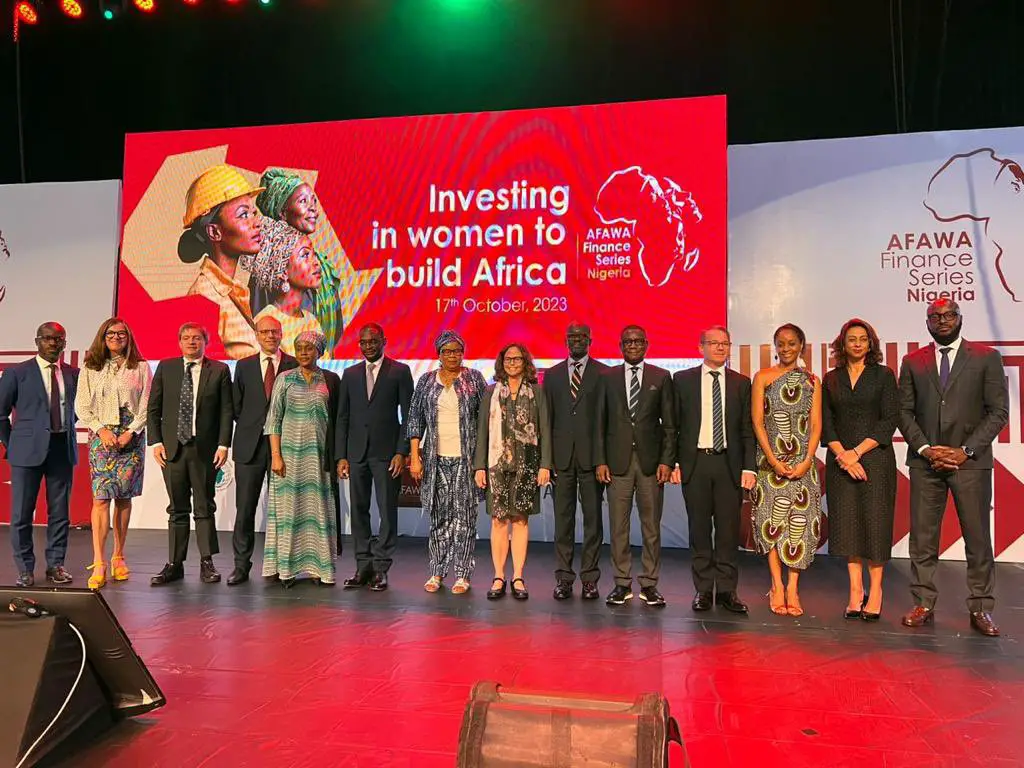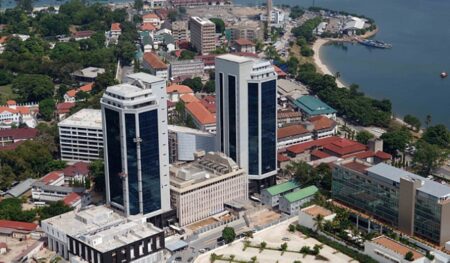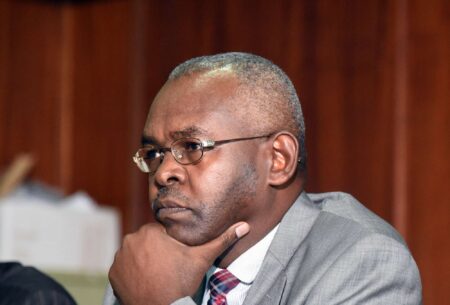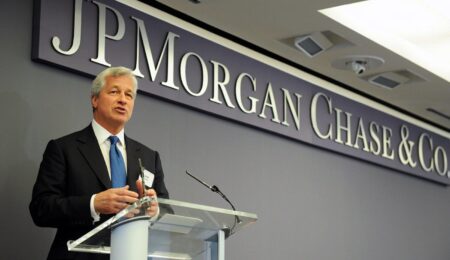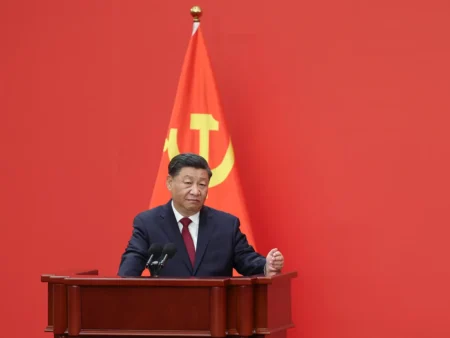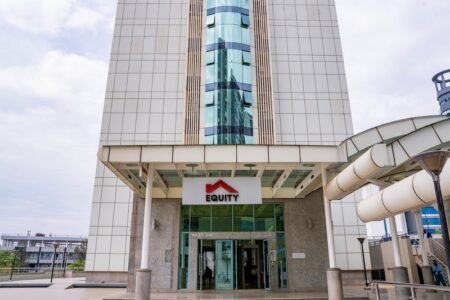- The AfDB and the African Guarantee Fund have unveiled a fresh plan to enhance the financial inclusion of women in Nigeria’s economy.
- The duo have opened the AFAWA Finance Series Nigeria, part of the AfDB’s Affirmative Finance Action for Women in Africa (AFAWA) initiative.
- AFAWA Finance Series Nigeria will explore ways of enhancing the regulatory frameworks that can boost access to finance for women entrepreneurs.
Africa has the highest number of female entrepreneurs across the globe. However, the biggest obstacle they encounter is limited access to finance. Although access to financing poses a challenge to all small and medium enterprises, women-owned businesses are notably at a disadvantage.
It is estimated that the financial gap facing women entrepreneurs may reach up to $50 billion. This can be attributed to several factors, including deep-rooted social and cultural norms. These norms have historically restricted women’s ownership rights of assets that could serve as collateral when seeking loans.
AfDB-backed AFAWA Finance Series Nigeria
However, governments, financial institutions are other partners are taking measures to reverse this trend by backing women in business. In latest developments, the African Development Bank (AfDB) has partnered with the African Guarantee Fund (AGF) to open AFAWA Finance Series Nigeria. This initiative is expected to unlock financing for women-led start-ups in the West African country. Part of the AFAWA Finance initiative includes exploring ways to enhance the regulatory frameworks that can boost access to finance for women-led enterprises.
Today, African governments are taking steps to ensure that women entrepreneurs receive tailormade products to spur growth. One of these programmes is the AfDB’s Affirmative Finance Action for Women in Africa (AFAWA) initiative.
The Finance Series offers training to empower financial institutions in assessing their products and services with a gender-smart perspective. This ensures that the lenders can effectively meet the unique needs of women entrepreneurs.
At the moment, AFAWA is receiving significant boost from donor countries including the Netherlands, France, and Italy.
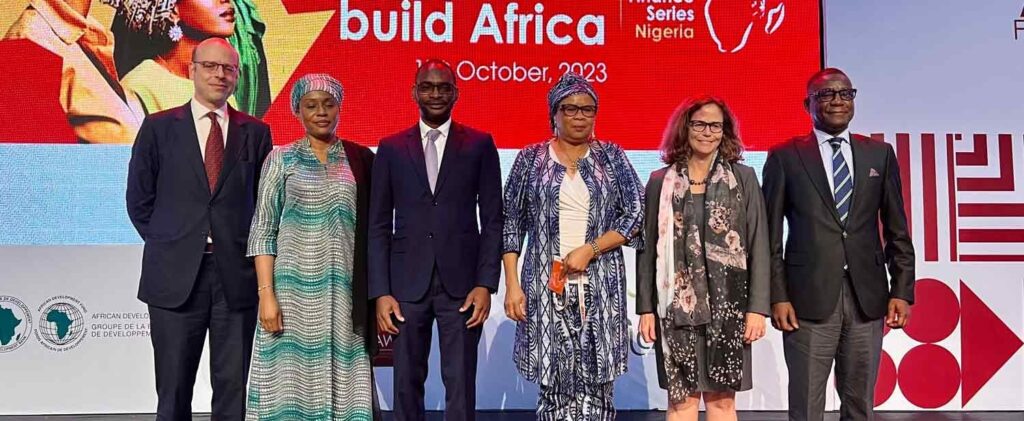
AFAWA helps bring equal opportunities to women in Nigeria
According to the AFAWA Finance Series Nigeria, this new milestone will allow the region’s government, policymakers, and financial institutions to provide better financial services throughout Nigeria.
“The topic of women’s empowerment demands our attention, our commitment, and our collective efforts to ensure that women have equal opportunities to fully participate in our nation’s economic growth,” said Grace Ogbonna, Director for Economic Research and Policy Management. She was spoke on behalf of Nigeria’s Minister of Finance Wale Edun.
In addition to exploring several promising policies, the partnership will focus on financing women-led small and medium enterprises. AFDB Vice President for Agriculture, Human and Social Development, Dr Beth Dunford, said “there is a real opportunity for scale in Nigeria. Micro, small, and medium-sized enterprises make up more than three-quarters of Nigeria’s workforce. With the right support, they have the potential to accelerate the country’s progress towards its economic development goals.“
The event will also lead to expanding the awareness of the AFAWA Programme. Its relatively new nature has only impacted a small part of Africa’s population. Africa’s financial inclusion has significantly improved owing to the power of fintech industry.
However, a significant segment of women-led businesses remains underserved. The AFDB and AGF aim to enhance the continent’s efforts in giving women a chance to succeed in business.
Empowerment of women entrepreneurs
The AFAWA Program has highlighted the need for a better work environment for African women. In 2021, the partners established a risk sharing facility to unlock up to $2 billion in financing for women-led small and medium enterprises in Africa through financial institutions. Among the program’s key plans is a risk-sharing mechanism and capacity development assistance.
The risk sharing mechanist will assist financial institutions in increasing their appetite for involvement in women-led businesses. Studies indicate that women demonstrate a higher loan repayment rate compared to men. They typically reinvest as much as 90 per cent of their earnings into the betterment of their families and communities. Survey shows the women focus on areas such as education, health, and nutrition.
“In Africa, 70 per cent of women are excluded financially, including in the areas of access to credit, land ownership, job opportunities, leadership positions, and wealth creation,” noted Jules Ngankam, CEO, African Guarantee Fund.
“These imbalances have been one of the factors limiting Africa from reaching its full potential,” he added. At the same time, Jules lauded the Nigerian government for its efforts in supporting women-led small and medium enterprises. He also noted that AFAWA, under the AGF, is keen on partnering with the government and policymakers to further improve the business environment for women entrepreneurs.
Jules added, “our goal is to mobilize $5 billion in financing for African women-led businesses by 2026. Since we launched AFAWA a little over two years ago, the initiative has approved $1.2 billion for on-lending to women-led enterprises in 32 countries across Africa.“
Vanessa Moungar, AfDB’s Director for Gender, Women, and Civil Society, said, “Donor and private sector support for the overall AFAWA initiative is helping the Bank set ambitious targets for AFAWA Guarantee for Growth program. The entire bank ecosystem will be at play – inviting more financial institutions to sign into the program. This ensures engagement, implementation, and ownership at the market and policy levels.“





